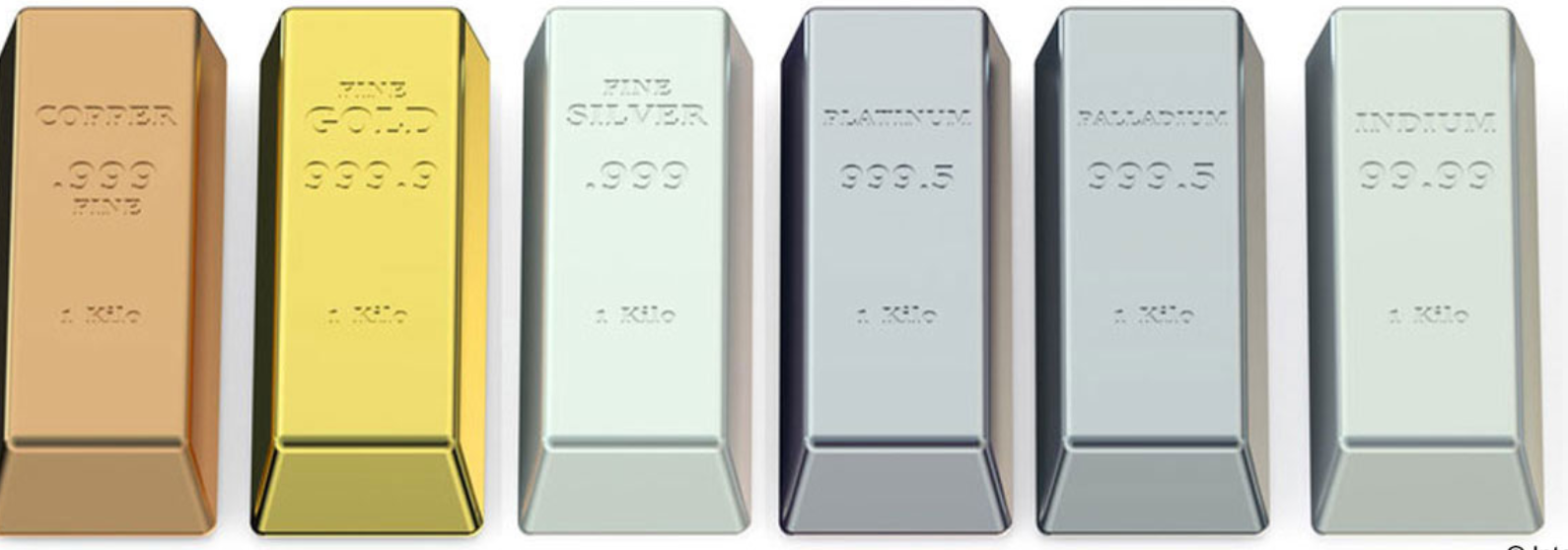Metals are essential elements found abundantly on Earth and have been used by humans for thousands of years due to their various properties and applications. There is a wide range of Scrap Metal Collection, each with unique characteristics, making them suitable for diverse industrial and commercial purposes. Let’s explore some of the different types of metals:
1. Ferrous Metals:
Ferrous metals are alloys that contain iron as the primary element. They are widely used in construction, engineering, and manufacturing due to their strength and durability. Common ferrous metals include:
a. Steel: Steel is an iron-carbon alloy that can also contain other elements like manganese, chromium, or nickel. It is one of the most versatile and widely used metals globally, with applications in construction, infrastructure, machinery, and transportation.
b. Cast Iron: Cast iron is a high-carbon ferrous metal known for its excellent castability and high compressive strength. It is used to produce engine blocks, pipes, and stoves.
c. Wrought Iron: Wrought iron is nearly pure iron with a small amount of carbon. Historically, it was used for blacksmithing, railings, and ornamental work.
2. Non-Ferrous Metals:
Non-ferrous metals do not contain iron as the main component, and they offer various advantages, such as corrosion resistance and lightweight properties. Some common non-ferrous metals are:
a. Aluminium: Aluminium is lightweight, corrosion-resistant, and highly malleable. It is used in transportation (e.g., airplanes, cars), packaging, construction, and electrical wiring.
b. Copper: Copper is an excellent conductor of electricity and heat, making it valuable in electrical wiring, plumbing, and electronics.
c. Brass: Brass is an alloy of copper and zinc, offering good corrosion resistance and low friction properties. It is used in musical instruments, fittings, and decorative items.
d. Bronze: Bronze is an alloy of copper and tin, known for its strength and durability. It has been used for sculptures, coins, and musical instruments.
e. Nickel: Nickel is a versatile metal used in various applications, including the production of stainless steel, batteries, and coins.
f. Titanium: Titanium is lightweight, strong, and corrosion-resistant. It finds applications in aerospace, medical implants, and sports equipment.
g. Zinc: Zinc is commonly used as a protective coating for iron and steel (galvanization) and in the production of alloys like brass.
h. Lead: Lead is known for its high density and corrosion resistance. It is used in batteries, radiation shielding, and construction materials.
i. Silver: Silver is highly conductive and has excellent reflective properties, making it suitable for electrical contacts, photography, and jewellery.
j. Gold: Gold is valued for its rarity, beauty, and non-reactivity. It is widely used in jewellery, electronics, and currency.
k. Tin: Tin is used for coating steel to prevent corrosion and in the production of solder and various alloys.
These are just a few examples of the many types of metals found in various applications across different industries. Metals play a crucial role in modern society and are vital components in infrastructure, technology, transportation, and daily life. As science and technology advance, new metal alloys and composites are continually being developed to meet evolving demands and challenges. The versatility and abundance of metals make them an indispensable part of our lives, contributing to the progress and development of human civilization.

